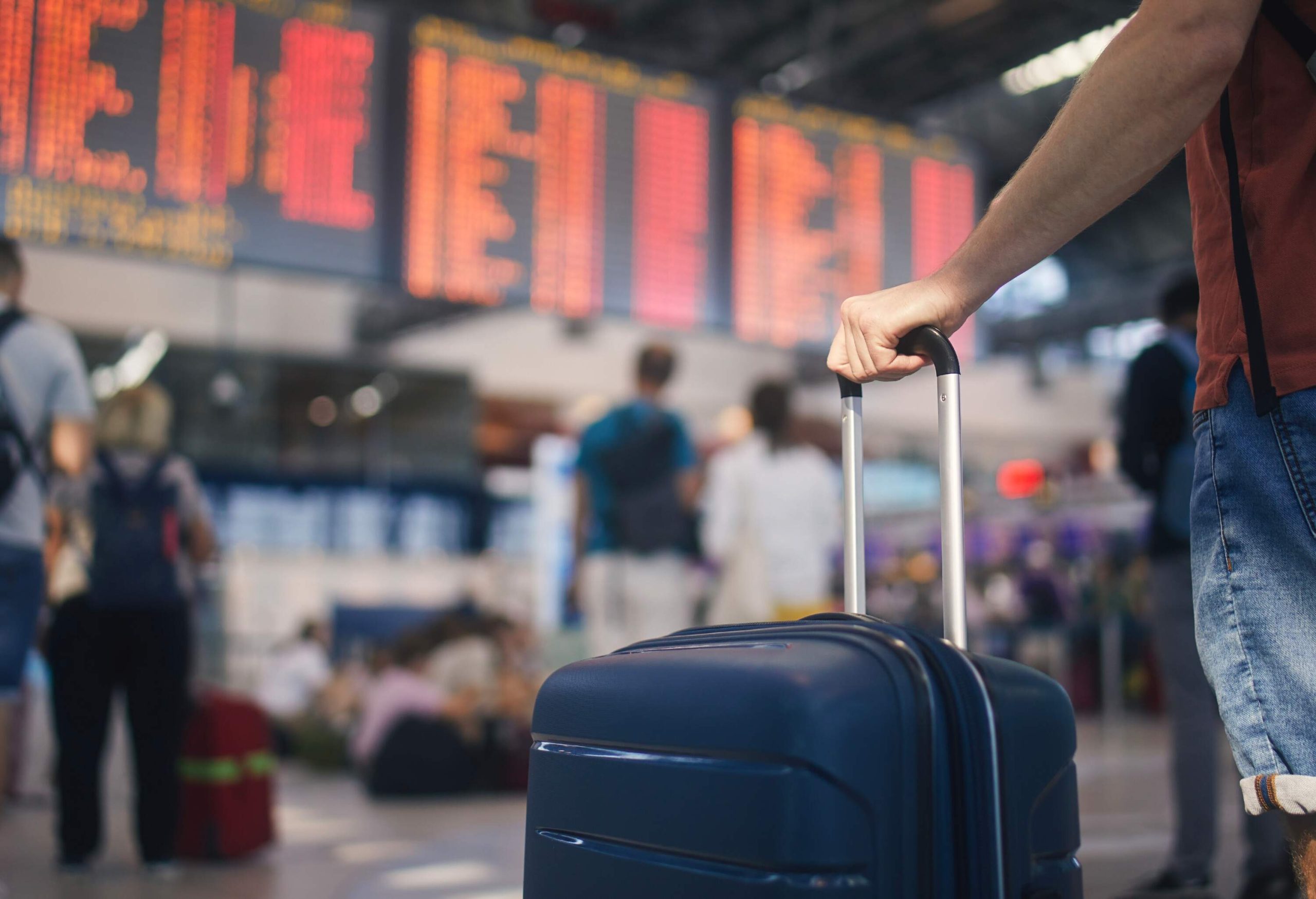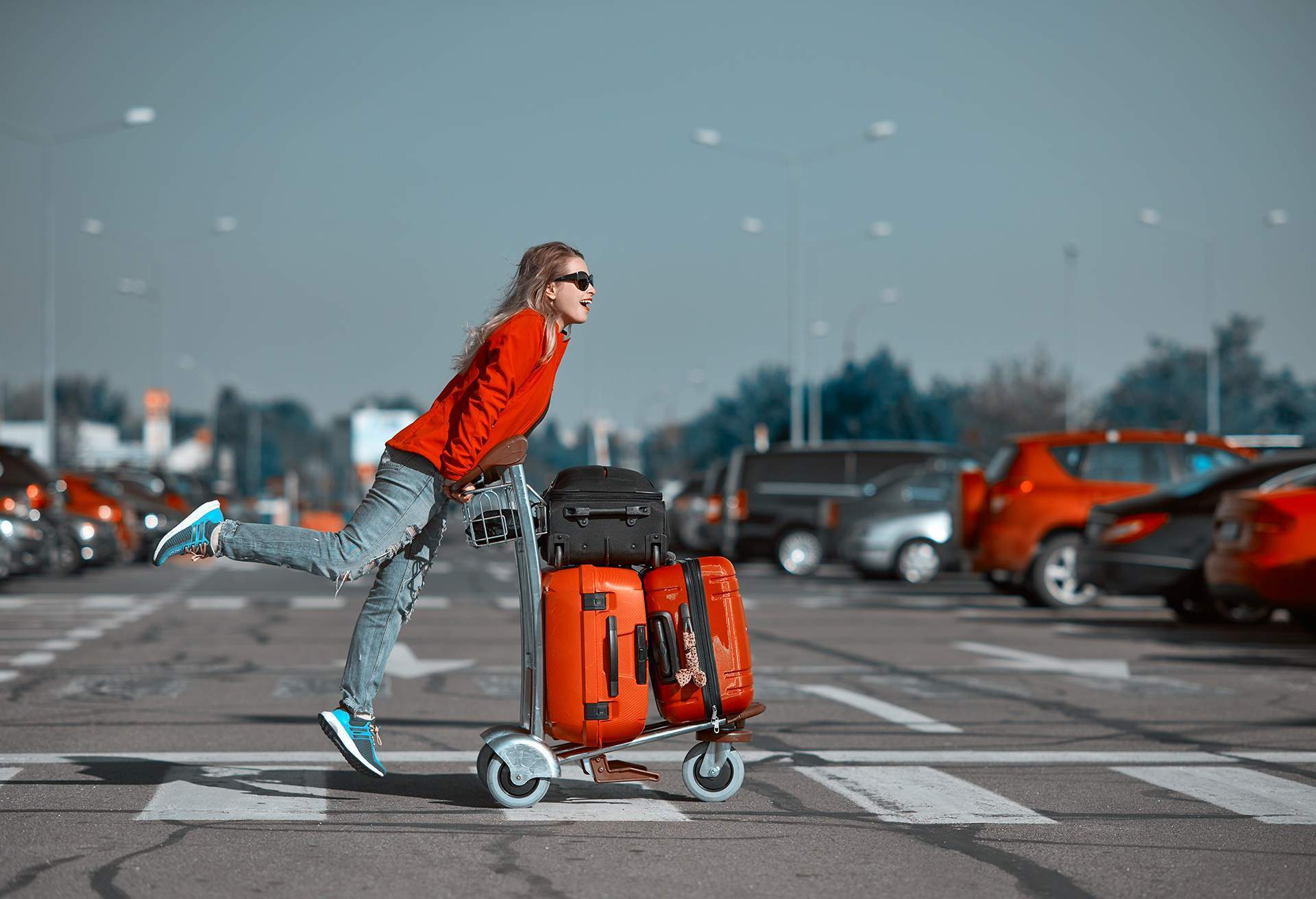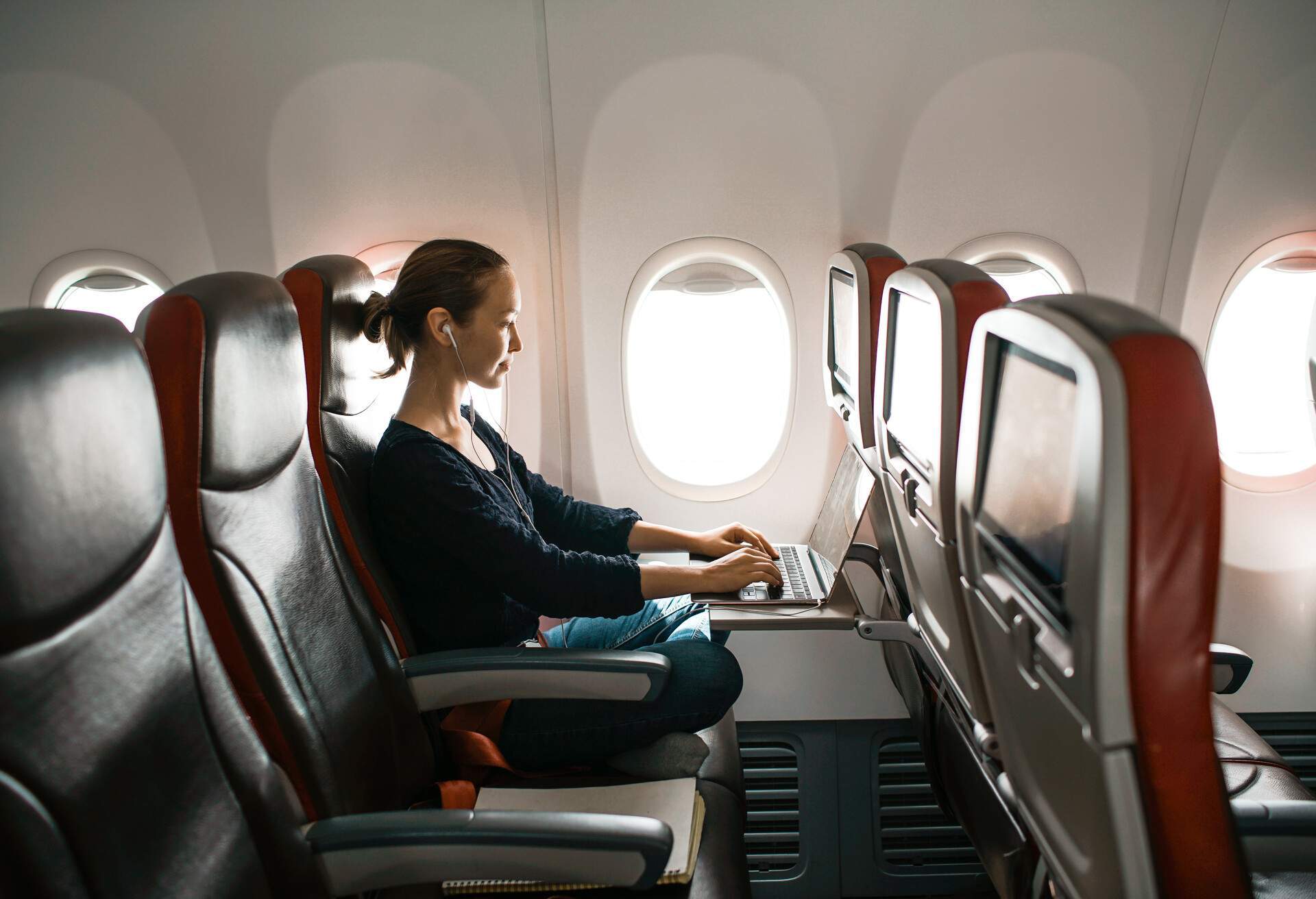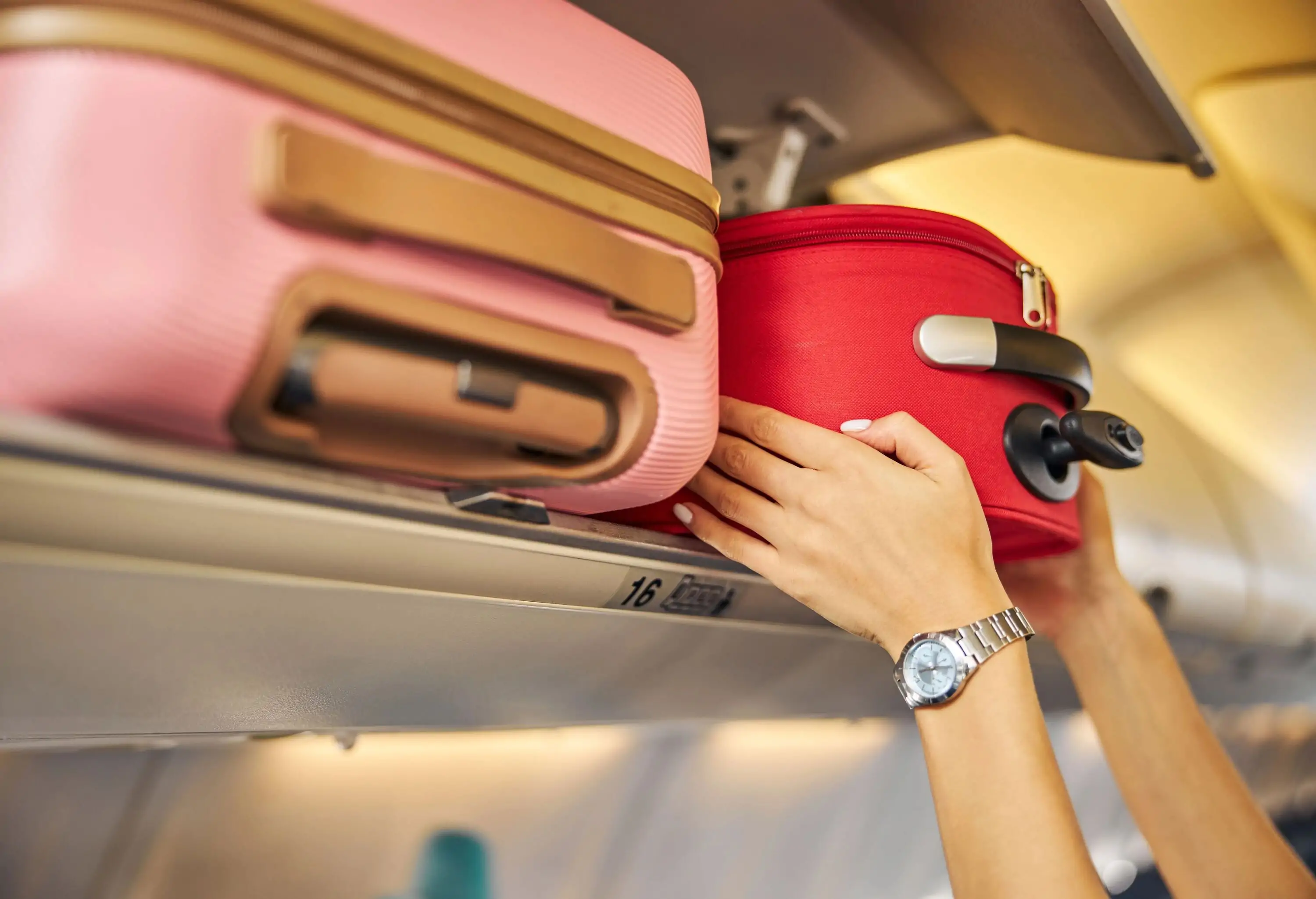Flight cancellations are a fact of air travel, albeit an unpleasant one. The reasons flights are being cancelled may seem mysterious. Some en masse cancellations make national news, but others are run-of-the-mill consequences of a chain reaction of delays.
Individual UK airlines have their own policies for compensating passengers in the event of a cancellation. The EU offers more protection to passengers flying in Europe on European airlines. Therefore, it pays to know the rules of your carrier, and also what you can reasonably ask for. And although there’s no foolproof way to game the cancellation system, there are a few things you can do to increase the likelihood that you’ll leave on time, on the flight you paid for.
Airlines cancel their flights both for reasons they can control and for reasons they can’t. These reasons also affect your options for seeking reimbursement or rebooking. The UK and European Union have different rules for compensating passengers in the event of a cancellation. According to Citizens Advice, airlines in the UK aren’t necessarily required to pay you back if your flight is delayed or cancelled, particularly if that reason was considered beyond its control. But if the flight is cancelled and you decide not to travel, you are entitled to a refund, regardless of the reason.
Why are flights being cancelled? Here are the 5 main reasons
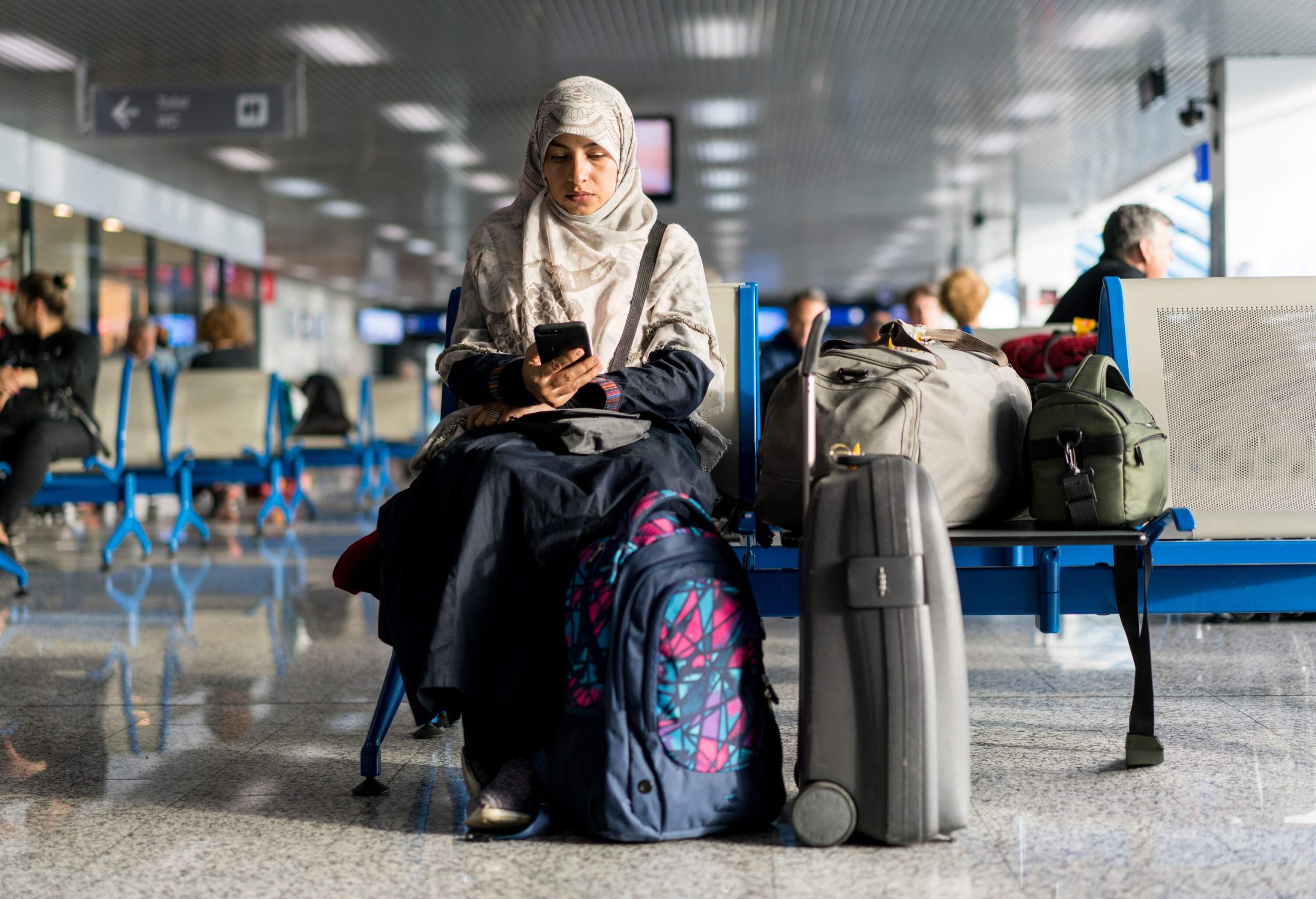
Airlines cancel their flights both for reasons they can control and for reasons they can’t. Prepare for the most common reasons, listed here.
1. Weather
One of the most common reasons airlines cancel their flights is bad weather. Thunderstorms, snow, rain, and fog can decrease a pilot’s ability to navigate and land a flight safely. Flights can even be cancelled because it’s too hot to fly. There’s also some evidence that weather is a convenient excuse for airlines to cancel a flight when there’s something else going on. Here’s why: According to flight contracts of carriage under Regulation EC No 261/2004, weather events are an “Act of God,” and therefore outside the airline’s control, making it easier to justify not compensating passengers.
2. Mechanical issues
Airplanes can experience a variety of mechanical problems that could cause them to cancel a flight. Some are considered controllable cancellation – for instance, if the airline fails to maintain its aircraft, resulting in an electrical outage or an engine problem. But it can also be the fault of external forces, like an air traffic control system failure, a cyber attack, or some other IT issue.
3. Staffing shortages
In recent years, airlines have had a harder time recruiting workers in a tight labour market, Airlines are also facing pilot shortages, which are anticipated to get worse as many commercial pilots near their mandated retirement age of 65. But it’s not just a pilot shortage that can cause a cancellation. Flight crew calling in sick, not enough maintenance staff, strikes, and even staff being declared unfit to fly because of health reasons or substance abuse can cause your flight to be cancelled.
4. Security issues
The good news is that the Civil Aviation Authority (CAA) takes security seriously, but all the additional measures that airports have adopted to screen passengers can lead to flight disruptions. The CAA and airlines may cancel a flight for a terrorist threat or even for an unruly passenger that causes a flight to divert or be so delayed that a string of cancellations ensues. Incidentally, the airport is obviously not the place to joke about carrying weapons or bombs, shootings, or anything that might be a red flag to security. To make sure you don’t inadvertently become the red flag, read what is not allowed on a plane.
5. Air traffic control issues
Airlines depend on air traffic control to manage the flow and number of airplanes in the airspace. When they impose restrictions on flights to maintain the balance, airlines may have to reroute flights, change departures, or cancel flights completely. Staffing shortages affect air traffic control just like they do the airlines. A shortage of air traffic controllers forces airports to reduce the number of flights — and, incidentally, drives up the price of a ticket.
What to do if your flight is cancelled, and how to get compensated
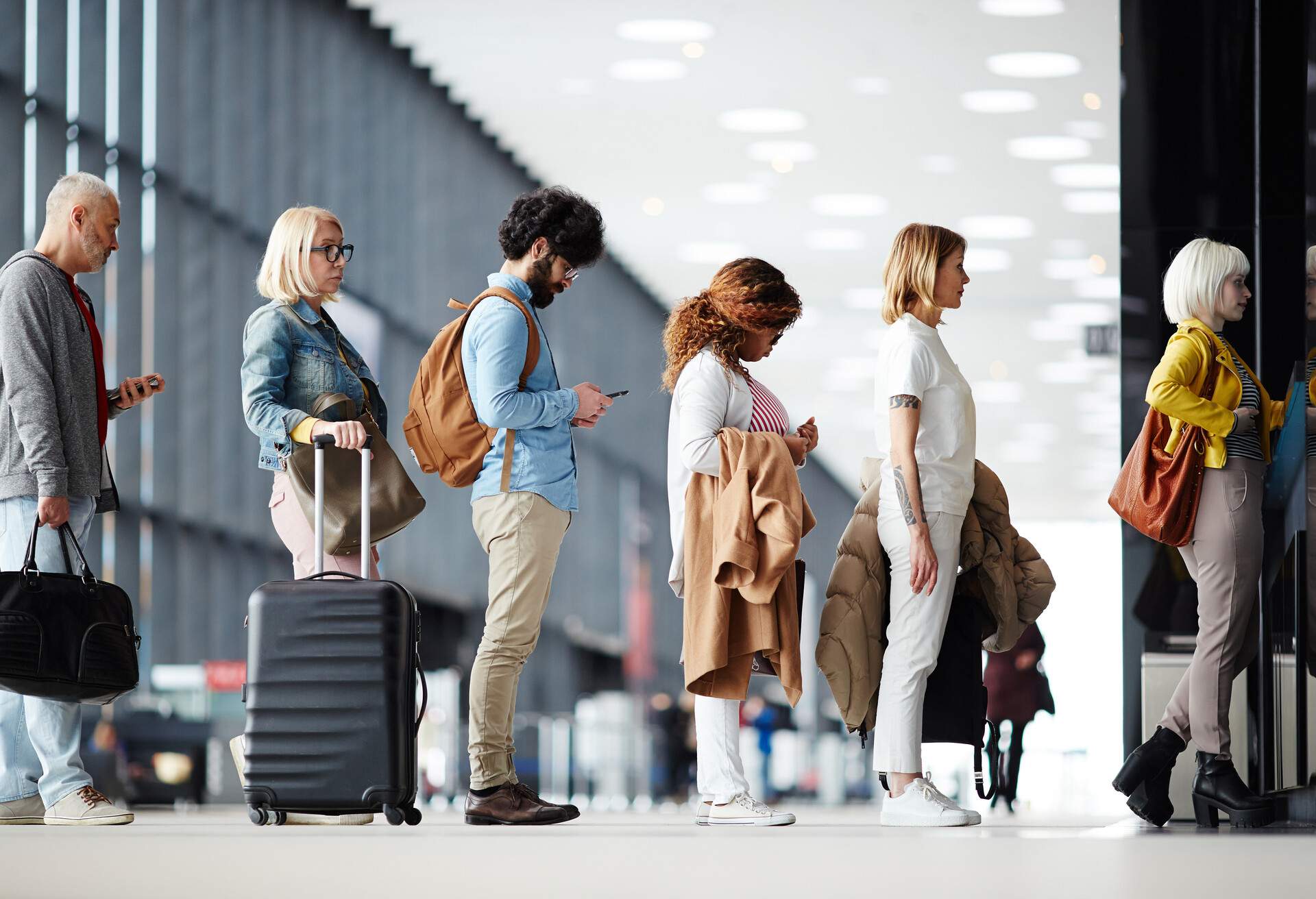
Cancellations are unavoidable, but if you know the rules, you can understand what your legal recourse is, and what you might try asking nicely for.
Rebook
UK airlines will rebook you for free on their next flight if yours is cancelled, as long as there are available seats to the destination. Your airline may also rebook you on a flight that departs on a different date. Some cancellations are caused by cascading delays. You can track your flight using KAYAK’s Flight Tracker. If you believe your delayed flight will be cancelled, you can get a jump on rebooking by checking the KAYAK Mobile App to see what other flights are available that day.
Get a refund
UK law mandates that if an airline cancels your flight within 14 days of departure and a replacement is due to arrive more than two hours after your original arrival time, you’re entitled to compensation. How much you’ll receive will depend on when exactly the flight was cancelled, the departure and arrival times of any rescheduled flights, and the distance your flight was travelling.
Airlines’ contracts of carriage differ on refunds or compensation in the case of a cancellation. You’ll usually need to claim directly with the airline you were planning to use, even if your original booking was made through another airline. If your claim is going nowhere, you can ask an independent organisation or an ADR (alternative dispute resolution) scheme to step in and help settle the dispute. However, the CAA will hold them accountable for whatever they’ve agreed to in their contract.
Ask for vouchers
Most major airlines will provide meals, access to email and free hotel rooms if you’re stranded because of their issue. Airlines will typically issue vouchers for these. However, in some cases, you may need to pay upfront for food and other expenses. Keep the receipts to claim compensation later on. If you do receive a travel voucher, ask about restrictions like blackout and expiration dates.
Carry a credit card that covers you
You may not always be able to count on a refund from the airlines, but if your credit card has trip cancellation and interruption coverage, you could be reimbursed for the non-refundable amount of your trip. Some travel credit cards cover you for weather cancellations or other circumstances outside an airline’s control. You’ll need to keep your receipts to show the credit card administrator the reasons for your delay. You can also take out a travel insurance policy that will cover you for weather, maintenance issues, or your own medical issues.
Ask for help — politely
Compensation or extras like vouchers (even if your cancellation didn’t cause a delay of more than three hours) are at the discretion of the airline, and gate agents do have a certain amount of power to help you outside the airline’s contractual obligation. This is a good argument for being a polite passenger. Gate agents have to deal with a lot of crabby passengers in a day, so your politeness is more likely to get you rewarded than jerky behaviour.
Ask to swap airlines
Again, this is the time to be polite. Only some airlines commit to rebooking you on a partner airline or another airline with which they have an agreement at no extra cost. Even if your airline doesn’t commit to doing this, you can ask if they will transfer your ticket to another airline that has available seats. You can make it easier for them by researching alternate flights on your own on KAYAK.
How to avoid cancellations
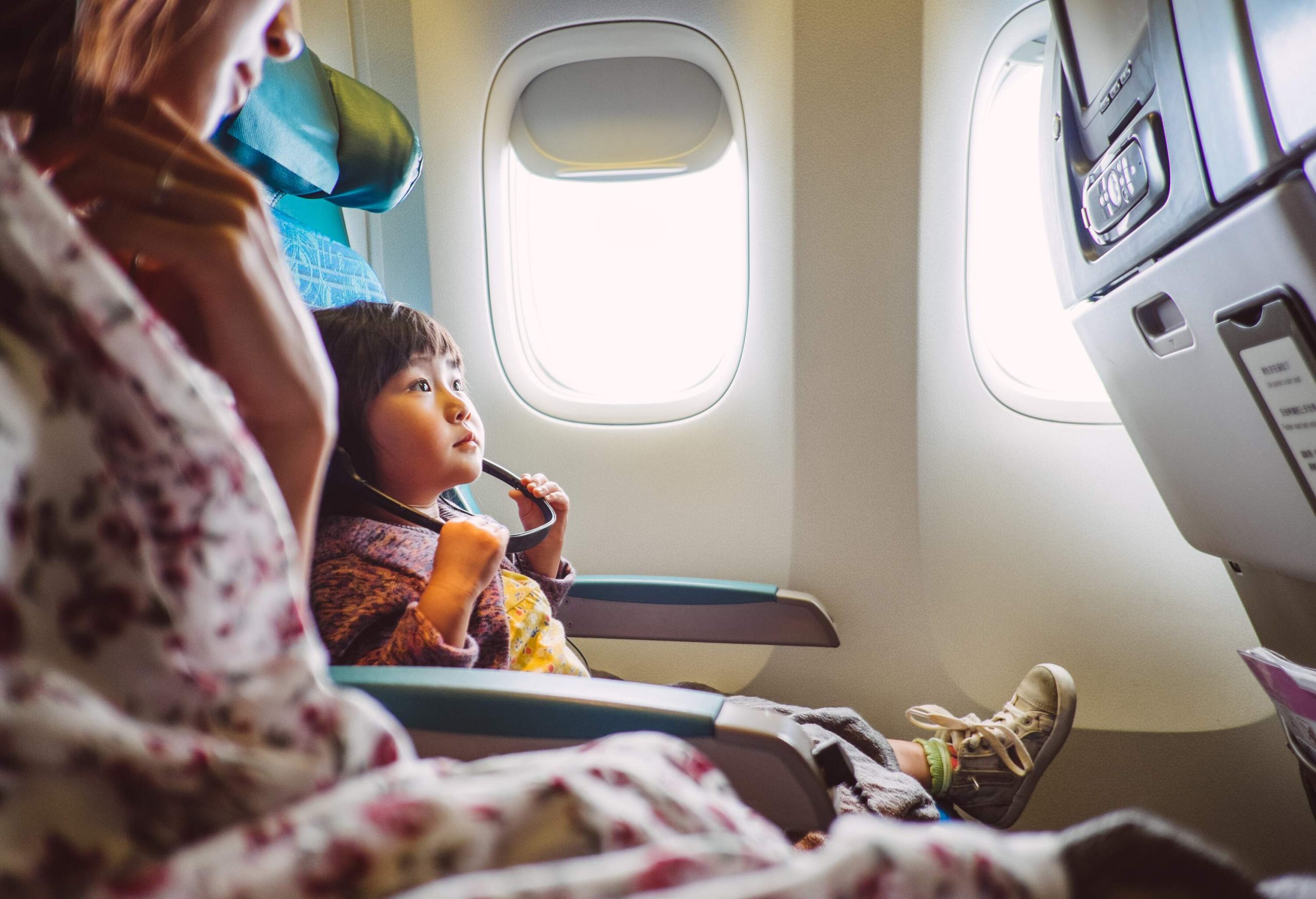
You don’t have power over the airlines, but you do wield a little power over how you fly on them. Plan smart and you may be able to avoid a cancellation altogether.
Book the earliest flight
Much like your doctor’s office, creeping delays that start after the first appointment can snowball into longer delays — and in the airlines’ case, cancellations. Most airlines that are travelling in the afternoon or evening have already made trips that day, which may have been delayed. If you book the earliest flight, you’re more likely to avoid these kinds of cancellations.
Book a nonstop flight
Statistically, the more legs in your flight plan, the more likely one of them is to be delayed or cancelled. A successful first flight doesn’t do you much good if you’re stuck in a connecting airport for your second leg. If you can’t avoid a layover, booking your trip on the same airline will at least make your airline more likely to work with you on finding a new connecting flight. KAYAK’s tool Trips keeps all your bookings in one place and updates you in real-time about cancellations, delays, and gate changes.
Choose an airline with multiple daily flights
Since the airlines will rebook you on their next flight with available space, you’re more likely to get to your destination the same day if the airline flies to your destination multiple times daily. This is also a good argument for booking an early flight. If your airline flies to Manchester twice a day and your flight — the second of the day — is cancelled, you’ll likely be out of luck.
How this guide was created
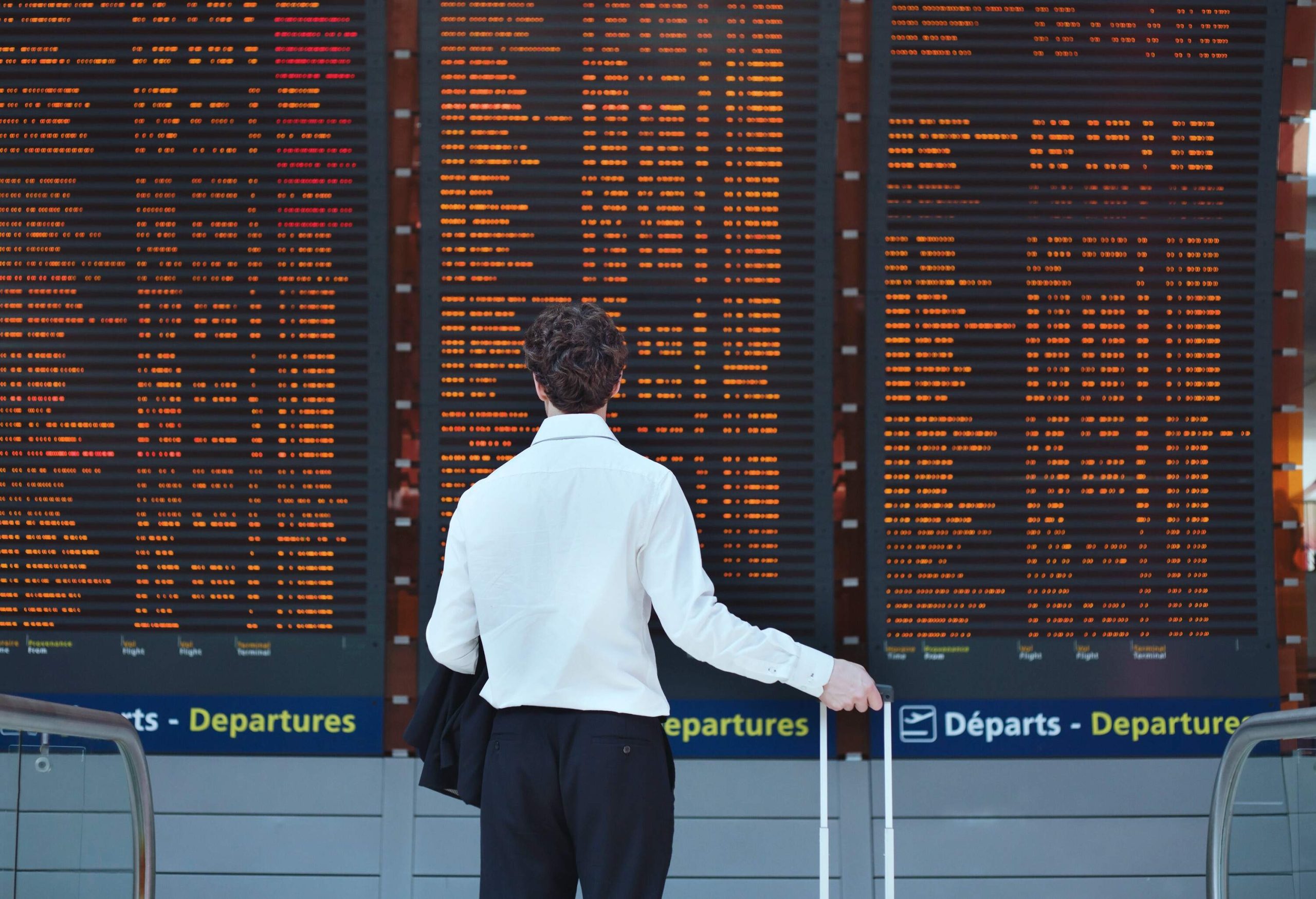
I’m a longtime former travel writer who wrote a consumer advice column for Travel + Leisure magazine for years and wrote the “Takeoffs and Landings” column in The Wall Street Journal. I’ve read and tracked more contracts of carriage and airline regulations than would interest most people. But having spent a couple of decades on the road (or in flight), I also recognize the power of politeness. It can sometimes get you farther than a contract of carriage can.
Some of our favourite flight routes
- Cheap flights to Dublin
- Cheap flights to Los Angeles
- Cheap flights to Tokyo
- Cheap flights to Málaga
- Cheap flights to Paris
Flight cancellations FAQ
UK airlines don’t guarantee their schedules and aren’t required to reimburse you unless you choose to cancel your trip altogether. You can rebook, get a hotel voucher, or in some cases get booked on a cooperating airline.
Airline staffing shortages, low passenger counts that can cause airlines to consolidate flights, and air traffic control shortages are all reasons a flight may be cancelled in advance.
In short, no — unless you choose not to fly at all. Each of the airlines commits to an individual set of rules regarding compensation so it pays to know your carrier or fly with trip insurance or a credit card that covers you.

